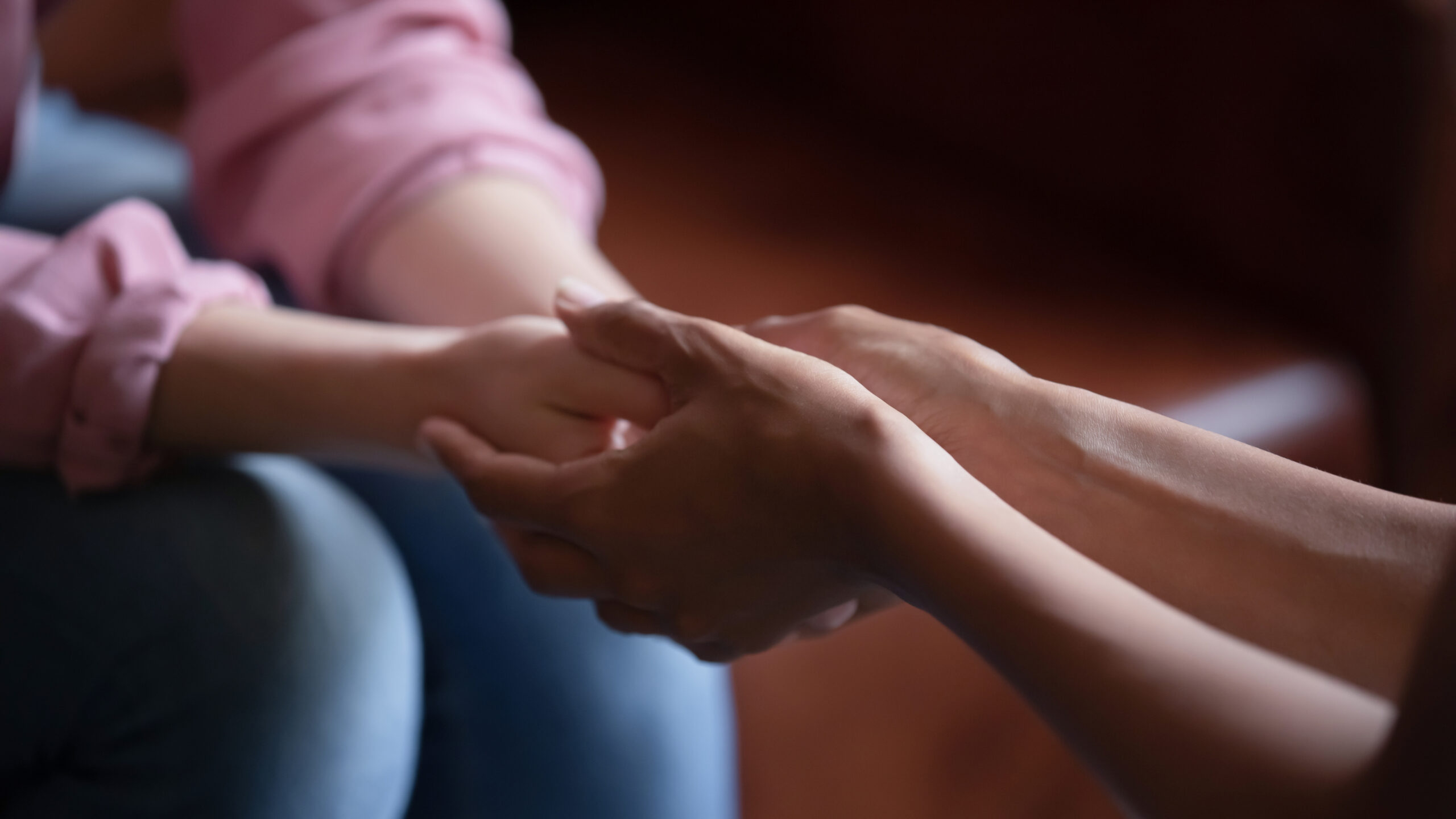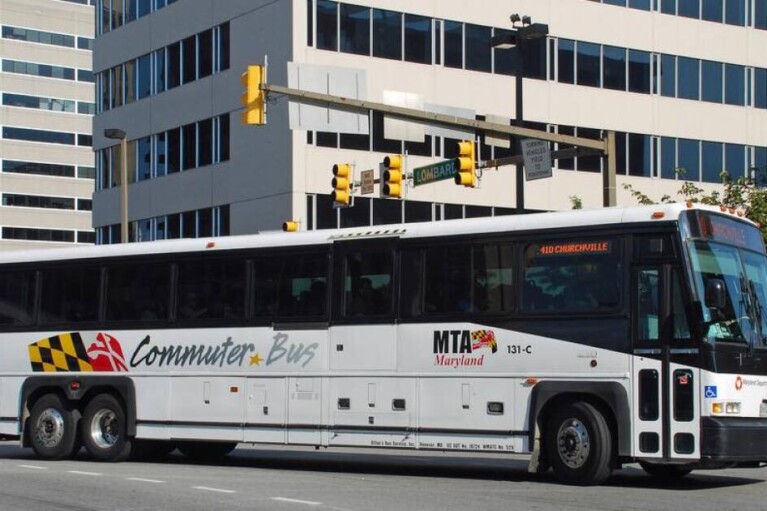
By Amanda Rodriguez
The writer is the executive director of TurnAround, a Baltimore-based organization supporting and advocating for survivors of intimate partner violence, sexual violence, and human trafficking for nearly 40 years.
Sex traffickers who exploit children should be punished. Their victims should not. Maryland, however, charges child sex trafficking victims with crimes that are a direct result of their own victimization. In fact, sex trafficked minors in Maryland can be charged, detained, and convicted for the same prostitution that their trafficker demanded. Other charges can be brought for truancy and running away, as well as crimes that are common to street survival like trespassing, fourth-degree burglary, and drug possession.
Current pending Safe Harbor legislation (HB833/SB768), will fix this. TurnAround applauds Delegate Brooke Lierman (D-Baltimore City), Senator Susan Lee (D-Montgomery), and Senator Ron Watson (D-Prince George’s) for sponsoring the legislation. A workgroup established by Governor Lawrence J. Hogan Jr. (R) recommended Safe Harbor protections in 2015. Legislators, service providers, community members and survivors have been advocating for the law for seven years. In March, the House of Delegates approved the bill, and a Senate hearing on that measure was held last week.
Safe Harbor will ensure that these children will no longer be betrayed by the same systems that are supposed to protect them. It will allow children to disclose their victimization and to accept services without the threat of prosecution and punishment. This will, in turn, establish trust between children and law enforcement — leading to stronger cases against traffickers.
TurnAround worked with 40 children who had been sex trafficked in Baltimore City and Baltimore County during our last fiscal year. Statewide numbers are higher. The state’s child protective services received 671 reports of suspected child sex trafficking between 2013 and 2018. And between 2010 and 2020, the University of Maryland SAFE Center reports that there were 110 arrests of minors for prostitution and criminalized vice. Thirty percent of those arrests were children 15 years old and younger. There is no such thing as a child prostitute; sex with a minor is always sex trafficking. Sex with a minor age 15 or younger is also statutory rape. When we charge children this age with prostitution, we are charging them for their own rape.
Sex trafficking is defined as commercial sexual activity — prostitution, pornography, or sexual performance — in exchange for something of value, like money, drugs, shelter, food, or clothes. Traffickers prey on children who have a history of abuse or neglect, who are involved in the child welfare system, or who live in poverty, particularly those who are homeless. Traffickers identify a child’s needs and start to fill them. By offering love, protection, food, shelter, adventure, and opportunity they gain a child’s trust. Sometimes traffickers provide for the victim’s family, as well, further strengthening their manipulative grip on the child. The building of trust, called grooming, can start as early as elementary school.
This combination of trust and exploitation creates a complex trauma bond. Victims can both love and fear their abuser. Testifying against their trafficker can seem impossible. Prosecutors who want to build cases against traffickers may threaten children with charges to compel their cooperation. As a prosecutor 10 years ago, I did this. I remember one 18-year-old girl who had been subjected to regular torture by her trafficker but nevertheless stood by him. He had convinced her that he was the only one she could trust. She fought me hard. But when I stopped threatening her and instead approached her as a victim and a survivor, the whole dynamic between us shifted. Her trafficker went to jail and she and I remain in regular touch.
Children are asked to talk to and trust prosecutors and law enforcement even when those same authorities can charge them. We can’t have it both ways — of course they’re not interested in participating in a system that could just as easily be used against them. Now, the Maryland States Attorneys Association agrees that threatening children with charges only reinforces the trauma bond. They have added their support for the Safe Harbor bill.
Forty-two other states, plus the District of Columbia, do a better job in their legal response to child sex trafficking, according to the 2021 Shared Hope International annual assessment of how effectively a state’s laws protect child human trafficking victims. Maryland received a grade of F.
New York passed the first Safe Harbor law in 2008. Fourteen years later Maryland still doesn’t have a Safe Harbor law. How many children has the system betrayed in that time?
The Child Sex Trafficking Screening and Services Act of 2019, established the Regional Navigator program that offers trafficked minors access to specialized services for their unique trauma. But while these services are vital, Safe Harbor remains crucial. With this legislation, the state will expand its commitment to sex-trafficked children. Maryland should pass Safe Harbor legislation and stop treating these children like criminals.
Let’s protect the children and put away their predators.




 Creative Commons Attribution
Creative Commons Attribution